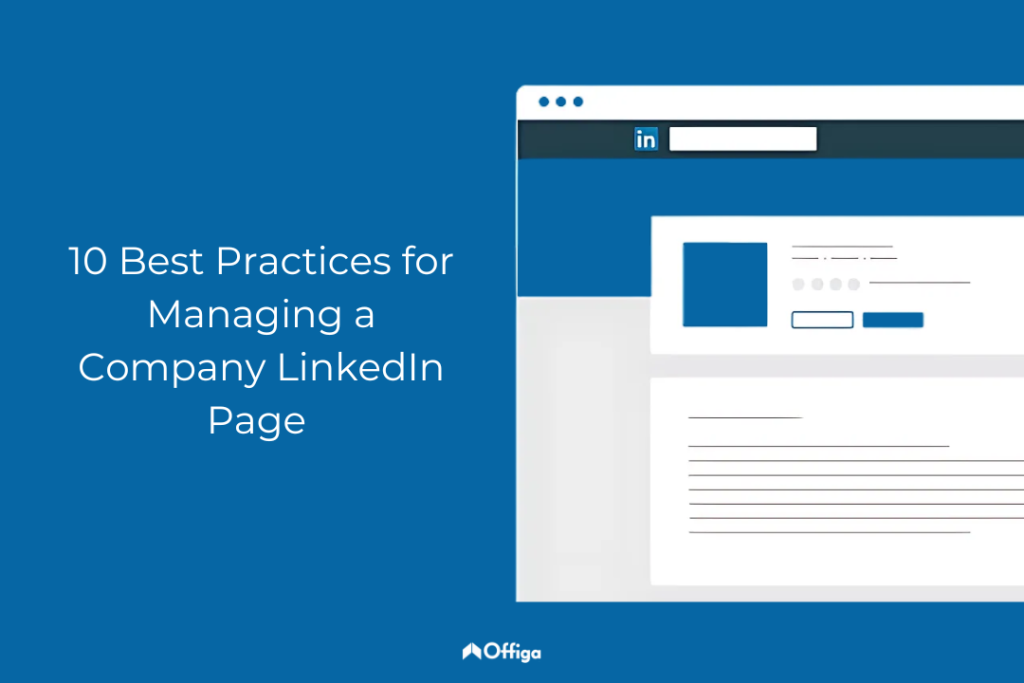In today’s fast-paced talent market, effective time management is crucial for successful recruiting. Hiring managers and recruiters are often juggling multiple roles, and inefficient processes can lead to delays, missed opportunities, and increased costs. This guide outlines essential time management techniques to streamline your recruiting efforts, optimize your hiring process, and secure top talent faster.
Prioritize and Schedule:
Treat recruiting tasks like any other business priority. Schedule dedicated time blocks for key activities, such as reviewing resumes, conducting interviews, and following up with candidates. Prioritize tasks based on urgency and importance.
Define Clear Hiring Process Steps:
Clearly define each step in your hiring process, from initial sourcing to offer acceptance. This creates a roadmap for your recruiting efforts and helps you stay organized and on track. Document these steps and create checklists to ensure consistency.
Set Realistic Timelines:

Establish realistic timelines for each stage of the hiring process. Consider factors such as the complexity of the role, the availability of candidates, and the number of stakeholders involved. Setting realistic expectations helps prevent unnecessary delays and keeps the process moving forward.
Leverage Technology:
Utilize Applicant Tracking Systems (ATS) and other recruiting software to automate repetitive tasks, such as resume screening, application management, and candidate communication. Technology can significantly reduce administrative burden and free up your time for more strategic activities.
Batch Similar Tasks:
Group similar tasks together to maximize efficiency. For example, schedule all phone screenings or interviews on the same day or within the same time block. This minimizes context switching and allows you to focus on the task at hand.
Delegate Effectively:

Don’t try to do everything yourself. Delegate tasks to other team members or utilize external resources, such as recruitment agencies, when appropriate. Delegation frees up your time to focus on higher-level activities, such as strategic planning and candidate relationship management.
Streamline Communication:
Establish clear communication channels and protocols with hiring managers, candidates, and other stakeholders. Regular updates and timely feedback are essential for keeping the process moving forward. Utilize email templates and automated reminders to save time on communication.
Use Time-Blocking Techniques:
Allocate specific time blocks for different recruiting activities. For example, dedicate mornings to sourcing candidates, afternoons to conducting interviews, and evenings to administrative tasks. Time blocking helps you stay focused and organized.
Minimize Distractions:

Minimize distractions during focused recruiting activities. Turn off notifications, close unnecessary tabs, and find a quiet workspace where you can concentrate. Focused work is more efficient and productive.
Regularly Review and Optimize:
Track key recruiting metrics, such as time-to-fill, cost-per-hire, and candidate experience, to evaluate the effectiveness of your time management strategies. Regularly review your processes and identify areas for improvement. A data-driven approach will help you continuously optimize your recruiting efforts.
For more resources and tips on streamlining your recruitment processes and improving efficiency, explore industry best practices and innovative talent acquisition strategies here.
By implementing these time management techniques, you can significantly improve the efficiency of your recruiting process, reduce time-to-fill, and secure top talent faster. Effective time management is essential for successful recruiting in today’s competitive job market. Studies have shown that companies with streamlined hiring processes fill open positions faster and have lower cost-per-hire. Furthermore, research suggests that a positive candidate experience can significantly impact a candidate’s decision to accept a job offer.




